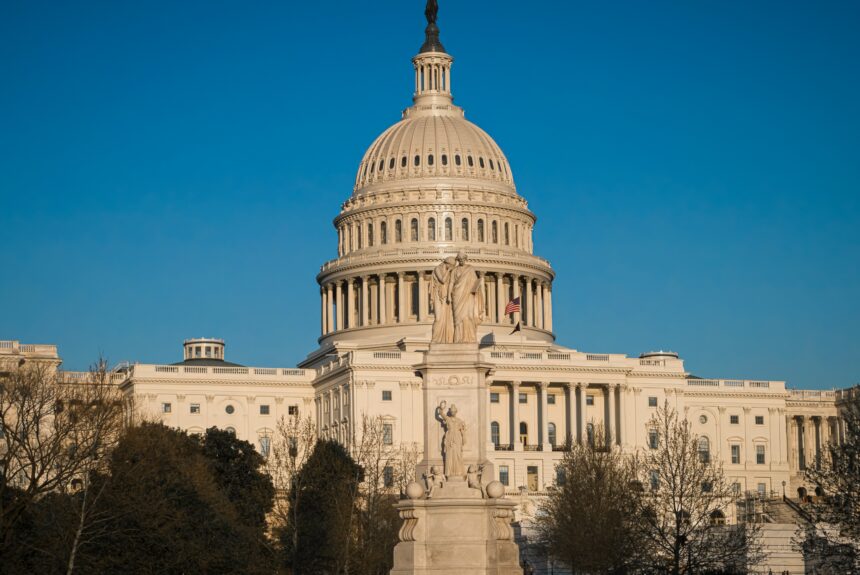Recently, the House of Representatives passed two bills to protect kitchen appliances and consumer choice nationwide. The Gas Stove Protection and Freedom Act, introduced by Rep. Kelly Armstrong (R-ND), would prohibit the use of federal funds to ban gas stoves. The Save our Gas Stoves Act, sponsored by Rep. Debbie Lesko (R-AZ) would prevent the Department of Energy (DOE) from finalizing, implementing, and enforcing a proposed rule that gives DOE the power to regulate consumer products and industrial equipment based on its energy efficiency. Both bills send a strong message to protect consumer choice.
>>>READ: Costly Gas Stove Bans and the Crusade on Consumer Choice
The debate over gas stove bans has been a politically contentious topic in Congress and the broader public this year. In January, federal regulators floated the idea of banning gas stoves after the release of a study that found that gas stove use caused 12.7% of childhood asthma. Municipalities like Los Angeles and San Francisco have existing bans on natural gas appliances as well as states like New York and California. The state of Washington attempted a similar natural gas ban that is currently on hold pending a lawsuit from three gas utilities in the state.
Yet, some researchers claim that significant flaws may have influenced the study and cannot be used as an accurate measure of how asthma is caused. On the issue, Brown University Economist Emily Oyster said:
“We know that gas stoves emit nitrogen oxides and that, in general, those are not good. We know that air pollution, in general, is bad for respiratory symptoms, including asthma. Indoor, unventilated air pollution is especially problematic. So it seems very plausible that there is some link here. However: The magnitude is likely small. In most of the estimates, it’s small. And, beyond that, we do not see the kind of smoking gun in any of these data that would suggest a really consistent link.”
And while proponents say that proposed bans would save consumers $1.7 billion over 30 years, a study from Pacific Northwest National Lab discovered that natural gas bans can add $6,000 to building costs in Washington state. The reality is consumers save money from using natural gas appliances and heat, and that consumers like cooking with natural gas (which is why many restaurants and chefs lobbied for protections from any natural gas ban).
>>>READ: Gas Stove Bans are Costly and Limit Consumer Choice
Governments can implement policies to reduce emissions, but solutions will ultimately be the most effective when the government gets out of the way, empowers entrepreneurs and consumers, and enables bottom-up solutions. On the contrary, gas stove bans restrict consumer choice, which oftentimes turns people away from engaging in climate action and decision-making. Instead of mandating decisions, the federal government should implement policy frameworks that support innovation and lower the cost of cleaner technologies.
In a recent Right Voices interview, Congresswoman Lesko emphasized the need for Republicans to engage in energy issues, especially as progressive policies have become more restrictive and energy-exclusive.
“It’s important for Republicans to engage. It’s important for us to be there, that our voice is heard. And I think people were pleasantly–sometimes–surprised that Republicans were engaged because we care. We care about the climate, we care about the environment, but we also care about helping people and making sure that we have affordable and reliable energy in the United States.”
Gas stove bans limit consumer and commercial choice and lead to increased energy costs for individual households and businesses. The Gas Stove Protection and Freedom Act and Save Our Gas Stoves Act will protect consumers from federal overreach.
The views and opinions expressed are those of the author’s and do not necessarily reflect the official policy or position of C3.
